Overview
At Paras Health, we prioritize the well-being of women through our comprehensive Obstetrics and Gynaecology services. With a commitment to excellence in women's healthcare, our dedicated team of obstetricians, gynaecologists, and support staff provides compassionate and personalized care at every stage of a woman's life journey. From routine check-ups and preventive screenings to managing high-risk pregnancies and complex gynaecological conditions, we offer a wide range of services tailored to meet the unique needs of each patient. At Paras Health, we understand the importance of fostering a supportive and nurturing environment where women feel empowered to make informed decisions about their health. With state-of-the-art facilities and advanced medical technologies, we strive to ensure the highest standards of care, safety, and comfort for women across all ages and life stages. Trust us to be your partner in promoting women's health and wellness, providing expert care with compassion and respect every step of the way.
Sub Specialities
Treatment And Ailments
Asherman's Syndrome
Ectopic Pregnancy
High Risk Pregnancies and Prenatal Complications
Laparoscopic Gynaecological Surgeries
Pelvic Floor Disorders
Infertility Support and Counselling
Puberty and Menopause Support and Counselling
Hysteroscopy
Laparoscopy
Ovarian Cancers
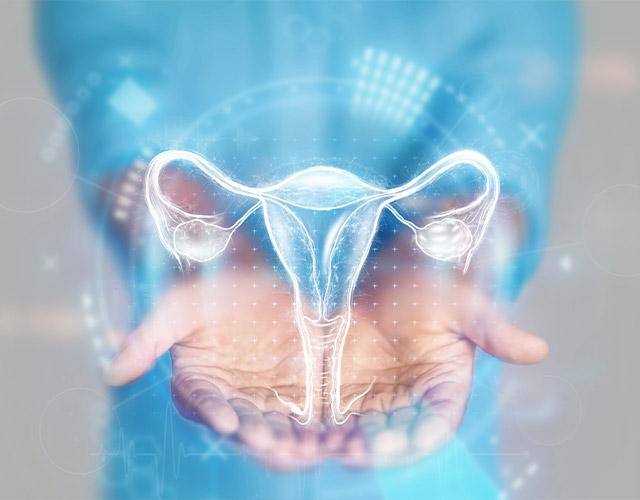
Asherman's syndrome involves the formation of intrauterine adhesions (scar tissue) due to uterine trauma, typically from prior surgeries like dilation and curettage (D&C). Treatment includes hysteroscopic surgery to remove adhesions and restore normal uterine anatomy, improving fertility outcomes and reducing menstrual abnormalities in affected women.
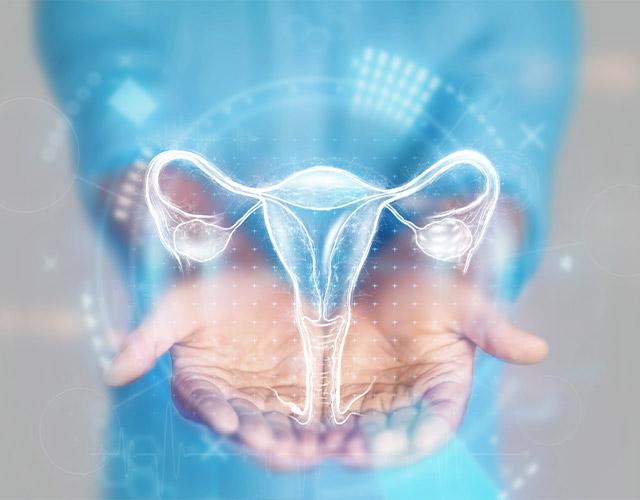
Ectopic pregnancy occurs when a fertilized egg implants outside the uterus, most commonly in a fallopian tube. Treatment options include medication (methotrexate) to dissolve the pregnancy tissue and preserve the fallopian tube, or surgical intervention (laparoscopic surgery) to remove the ectopic pregnancy and repair or remove damaged tissue to prevent future complications and preserve fertility.
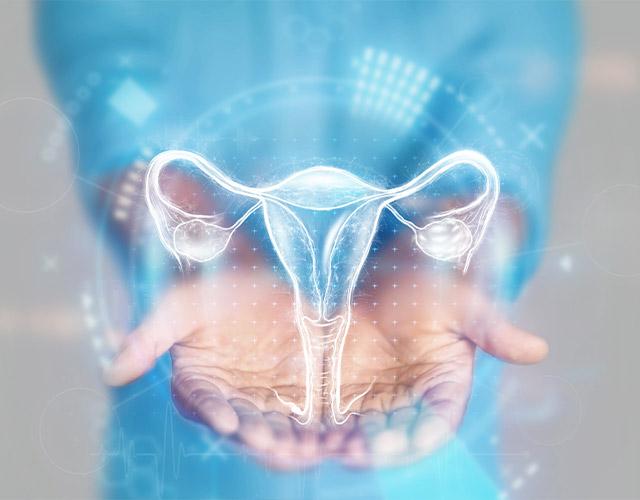
High-risk pregnancies involve conditions that pose potential risks to the mother, fetus, or both. These may include maternal age (very young or older mothers), pre-existing medical conditions (like diabetes or hypertension), multiple pregnancies (twins or more), previous pregnancy complications (preterm birth, preeclampsia), or fetal abnormalities. Management typically includes specialized prenatal care with frequent monitoring, diagnostic tests (like ultrasound and fetal monitoring), interventions to manage conditions (such as medication or bed rest), and sometimes early delivery to ensure the best possible outcomes for both mother and baby.
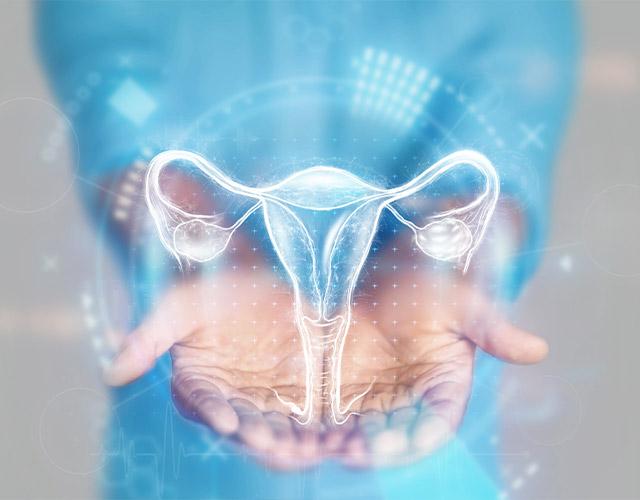
Laparoscopic surgeries utilize small incisions and a camera-equipped scope to diagnose and treat various gynaecological conditions, including ovarian cysts, fibroids, endometriosis, and dysfunctional uterine bleeding. This minimally invasive approach reduces recovery time, postoperative pain, and scarring compared to traditional open surgery. Surgeons can visualize internal organs in detail, perform precise procedures such as cyst removal, fibroid resection, or endometrial ablation, and patients often experience shorter hospital stays and quicker return to normal activities.
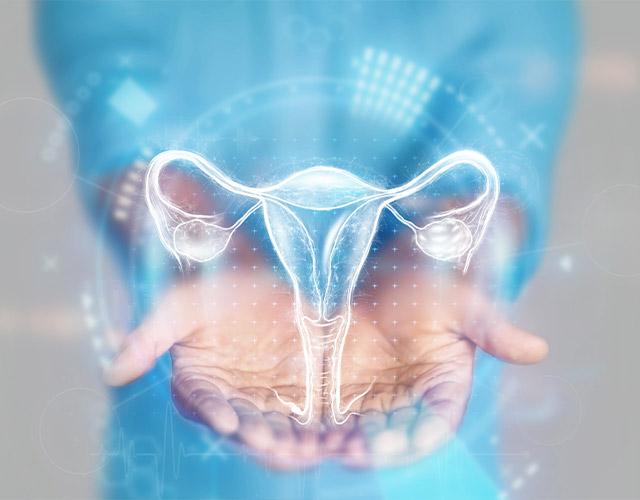
Pelvic floor disorders encompass conditions such as pelvic organ prolapse (where pelvic organs drop from their normal position), urinary incontinence (involuntary leakage of urine), and fecal incontinence. Treatment options range from conservative approaches like pelvic floor exercises, lifestyle modifications, and pessaries (inserts to support pelvic organs) to surgical interventions like pelvic floor repair surgeries (colporrhaphy, sling procedures) aimed at restoring normal pelvic anatomy and function. Tailored treatment plans address symptoms and improve quality of life for affected individuals.
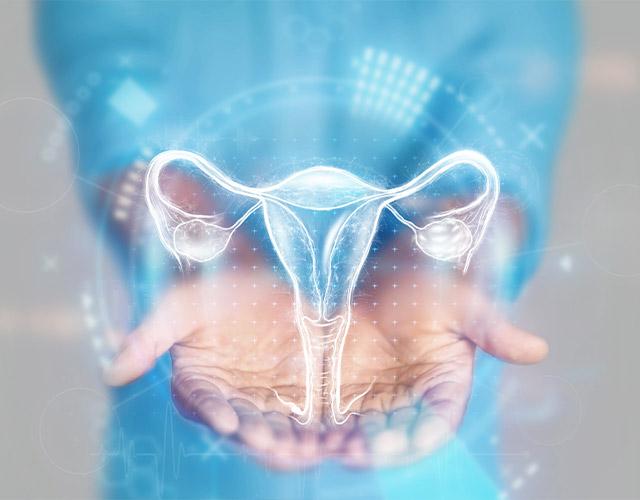
Infertility support involves comprehensive evaluations to diagnose the causes of infertility, which may include hormonal tests, imaging studies, and specialized procedures like hysterosalpingography (HSG) or laparoscopy. Treatment options vary and can include ovulation induction with medications, intrauterine insemination (IUI), or assisted reproductive technologies (ART) such as in vitro fertilization (IVF) and intracytoplasmic sperm injection (ICSI). Emotional counselling and support services are integral, providing guidance and coping strategies for individuals and couples navigating fertility challenges.
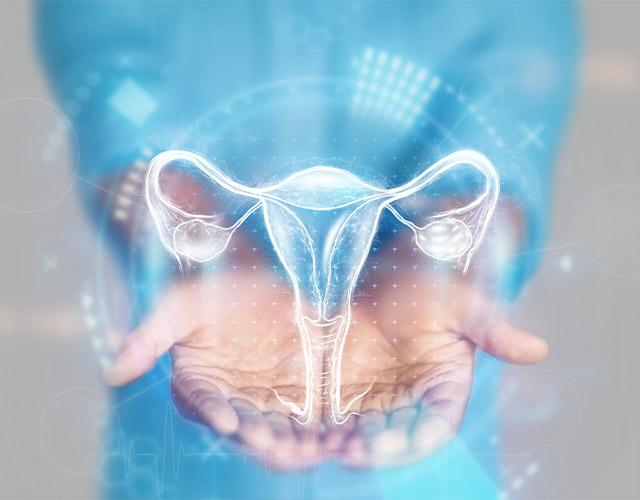
Support for puberty and menopause involves managing physical and emotional changes associated with these life stages. Puberty support focuses on education about hormonal changes, menstrual health, and body image, offering guidance to adolescents and their families. Menopause support addresses symptoms such as hot flashes, mood swings, and changes in bone density through hormone replacement therapy (HRT), lifestyle modifications, and alternative therapies. Counselling helps individuals understand and manage these transitions with personalized medical care and emotional support.
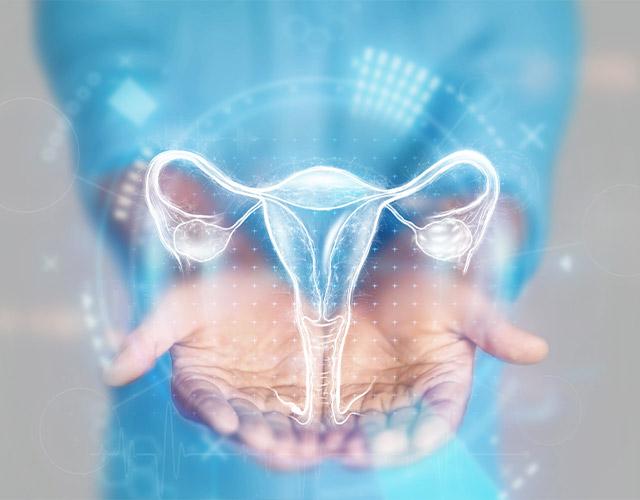
Hysteroscopy is a minimally invasive procedure that involves inserting a hysteroscope (thin, lighted tube) through the vagina and cervix into the uterus. It allows gynaecologists to visually examine the uterine cavity and diagnose or treat conditions such as uterine fibroids, polyps, abnormal bleeding, and intrauterine adhesions.
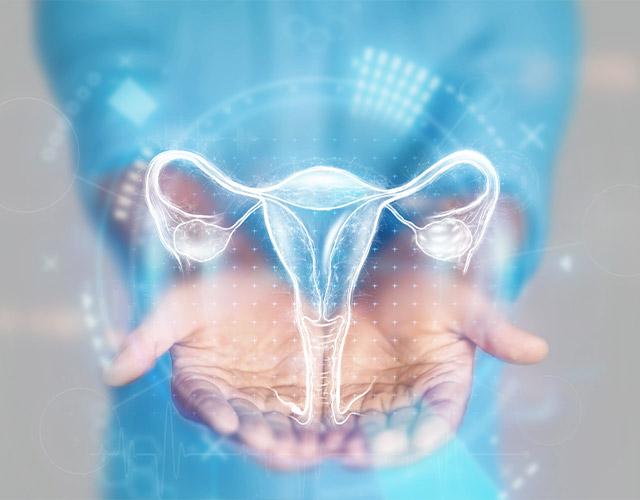
Laparoscopy in gynaecology refers to minimally invasive surgery performed using a laparoscope, a slender instrument equipped with a camera and light source. It enables surgeons to diagnose and treat various gynaecological conditions including endometriosis, ovarian cysts, and pelvic pain. Laparoscopic procedures typically involve smaller incisions, reduced recovery times, and fewer complications compared to traditional open surgery.
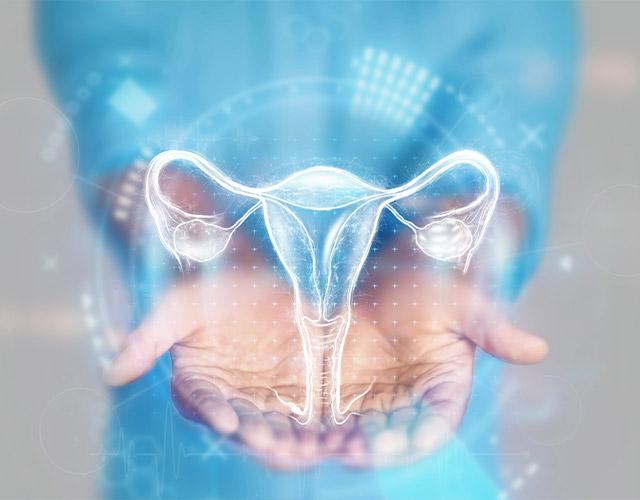
Treatment for ovarian cancers involves a multidisciplinary approach that may include surgery, chemotherapy, and occasionally radiation therapy. Surgical options range from ovarian cystectomy (removal of cysts) to oophorectomy (removal of ovaries) or hysterectomy (removal of uterus and ovaries), depending on the stage and type of cancer. Chemotherapy is often administered post-surgery to target any remaining cancer cells and prevent recurrence.
Endometriosis
Endometriosis
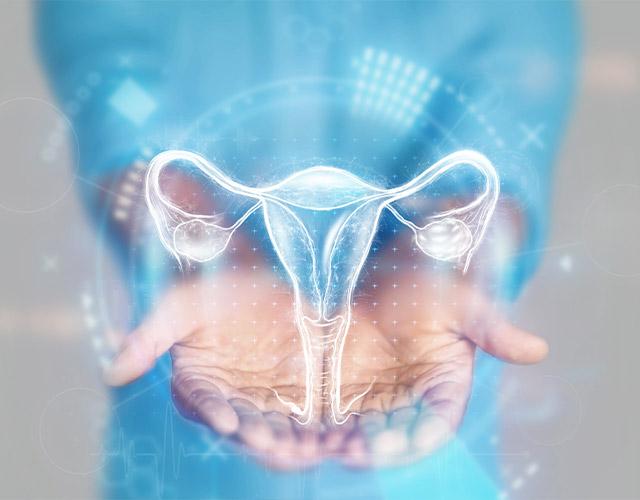
A condition where tissue similar to the lining of the uterus grows outside the uterus, causing pelvic pain, irregular periods, and sometimes infertility.
Technology
Meet Our Doctors
At Paras Hospital Gurugram, our experienced Gynecologists form the backbone of our commitment to exceptional OB-GYN health management. With a diverse array of surgical care, preventive techniques and numerous procedures, our doctors make some of the most patient-centric Gynecologists.
Gynecology Hospital in Gurgaon – Paras Health
When it comes to women’s health, choosing the right gynecology hospital in Gurgaon is an important decision. At Paras Health, we provide comprehensive care for women at every stage of life — from adolescence and reproductive years to pregnancy, menopause, and beyond.
Recognized as a leading obstetrics & gynaecology hospital in Gurgaon, Paras combines advanced medical expertise, modern infrastructure, and compassionate care. Families across Delhi NCR trust us as one of the top gynecology hospitals in Gurgaon, offering specialized services under one roof.
Comprehensive Women’s Care – Obstetrics & Gynaecology Hospital in Gurgaon
Paras Health is more than just a women’s hospital in Gurgaon. We focus on preventive, medical, and surgical care tailored to women’s unique health needs.
Our specialties include:
-
Laparoscopy gynae hospital – minimally invasive surgeries with faster recovery
-
Hysterectomy hospital – advanced procedures for safe outcomes
-
Fibroid treatment hospital – effective care for uterine fibroids
-
Endometriosis treatment hospital – expert treatment for pain and fertility concerns
-
PCOS treatment hospital – lifestyle and medical care for women’s hormonal health
-
Gynaecologic oncology hospital – advanced cancer diagnosis and treatment for women
Maternity & Child Hospital in Gurgaon
Pregnancy is one of life’s most beautiful journeys, and at Paras we ensure that every mother and baby are safe, supported, and cared for. That’s why we are trusted as a leading maternity hospital in Gurgaon and a complete maternity & child hospital in Gurgaon.
Our team of experienced obstetricians, gynaecologists, and nurses ensures that every delivery — whether natural or surgical — is carried out with precision, compassion, and utmost safety.
Normal Delivery & C-Section Hospital in Gurgaon
At Paras, we encourage natural birthing whenever possible, making us a preferred normal delivery hospital in Gurgaon.
For cases where surgical intervention is required, Paras is also recognized as a leading C-section hospital in Gurgaon. Our delivery suites and operation theatres are equipped with advanced technology to ensure the well-being of both mother and child.
High-Risk Pregnancy & Prenatal Care Hospital in Gurgaon
Not every pregnancy is simple. Mothers with complications need extra monitoring and specialized attention. Paras Health is trusted as a high-risk pregnancy hospital in Gurgaon, where advanced diagnostics and expert care make all the difference.
We provide:
-
Prenatal care hospital in Gurgaon – regular checkups, scans, and counseling
-
Postnatal care hospital in Gurgaon – safe recovery support for mothers and newborns
24/7 Delivery Hospital in Gurgaon
Childbirth is unpredictable, which is why Paras is a fully equipped 24/7 maternity hospital in Gurgaon. Our doctors, nurses, and emergency teams are always ready to handle any situation with expertise.
Families trust us as both an affordable maternity hospital in Gurgaon and a reliable delivery hospital in Gurgaon, thanks to our transparent care packages and round-the-clock support.
Best Maternity Hospital in Gurgaon – Trusted by Families
Paras Health has become one of the best maternity hospitals in Gurgaon because of our commitment to safe deliveries, modern neonatal intensive care units, and compassionate patient support.
We ensure a holistic journey for mothers and babies, from the first trimester to recovery after childbirth.
Top Gynecology & OB GYN Hospital in Gurgaon
By combining maternity care with complete women’s health services, Paras has earned its place as a top gynecology hospital in Gurgaon and a trusted OB GYN hospital in Gurgaon.
Our holistic approach allows women to find all the care they need — from pregnancy and delivery to gynecology surgeries and cancer treatment — in one place.
Why Choose Paras Health as Your Maternity & Child Hospital in Gurgaon?
Pregnancy is a joyful journey, but it also comes with concerns and responsibilities. At Paras, we understand the unique needs of every expecting mother. That’s why we are regarded as a leading maternity & child hospital in Gurgaon.
Here’s why families trust us:
- Expert obstetricians & gynaecologists with decades of experience
- 24/7 maternity hospital in Gurgaon with emergency and ICU support
- Affordable maternity hospital in Gurgaon packages designed for every family’s needs
- Modern NICU facilities for newborns requiring advanced care
Personalized counseling and diet guidance for mothers-to-be
Book Your Appointment Today
If you are searching for a gynecology hospital in Gurgaon, a delivery hospital in Gurgaon, or a reliable obstetrics & gynaecology hospital in Gurgaon, Paras Health is here for you.
Call us today to book your consultation and discover why families trust Paras Health as the maternity hospital in Gurgaon and the top gynecology hospital in Gurgaon that truly cares.

















